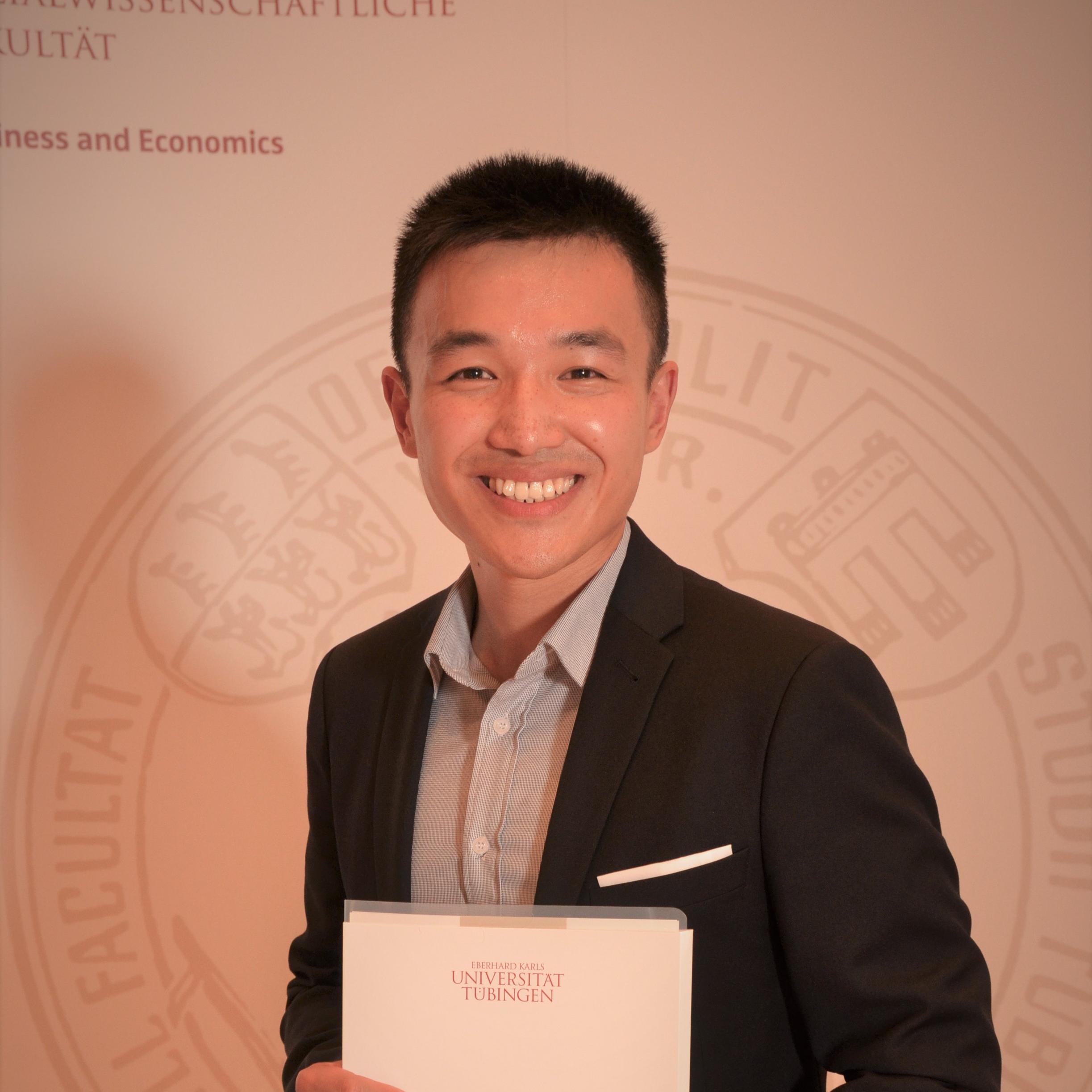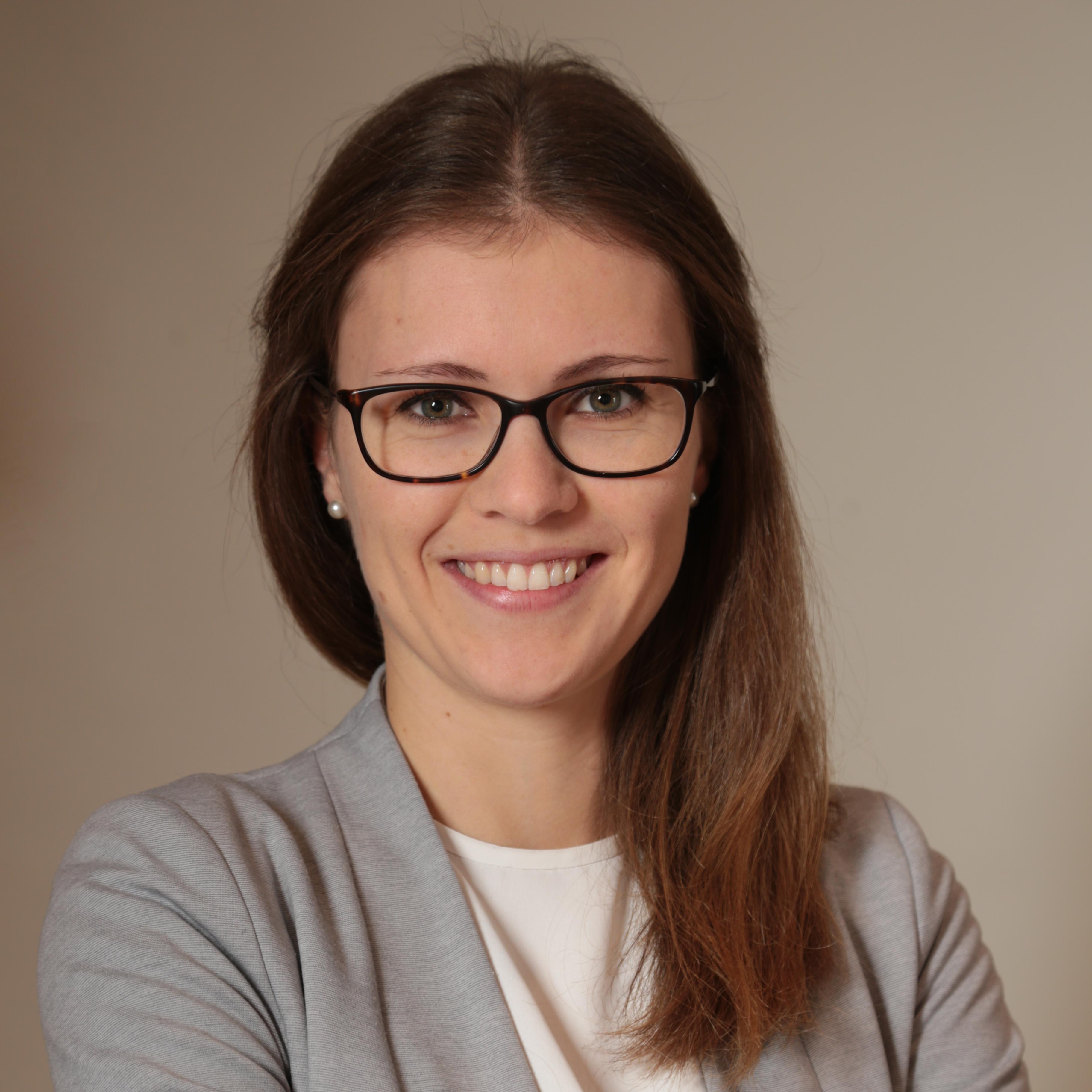The 2008 crisis originating in the financial sector had severe consequences for economies and societies worldwide. It is therefore of the utmost importance that decision makers in financial institutions, regulatory offices, and central banks have a sound understanding of economic theory, the financial instruments designed for risk management, and the tools of modern econometric analysis. Consequently, the M.Sc. in Economics and Finance combines the strenghts of our school in economics, finance and econometrics to endow our graduates with the skills needed to address these issues.
Graduating from our program, you will be able to analyze financial and economic data in a scientific manner using econometric and statistical software packages (Matlab, SAS, Stata, Python, R). You will know how prices of risky assets should be determined and understand why financial instruments like options and futures can increase social welfare, even though they may involve potential risks for individual investors and financial stability.
Throughout the program, you will acquire methodological skills (theoretical, econometric and programming) and expertise that greatly enhance your career perspectives. A M.Sc. in Economics and Finance is the first step towards an ambitious professional career in private and public (financial) institutions or academia.










